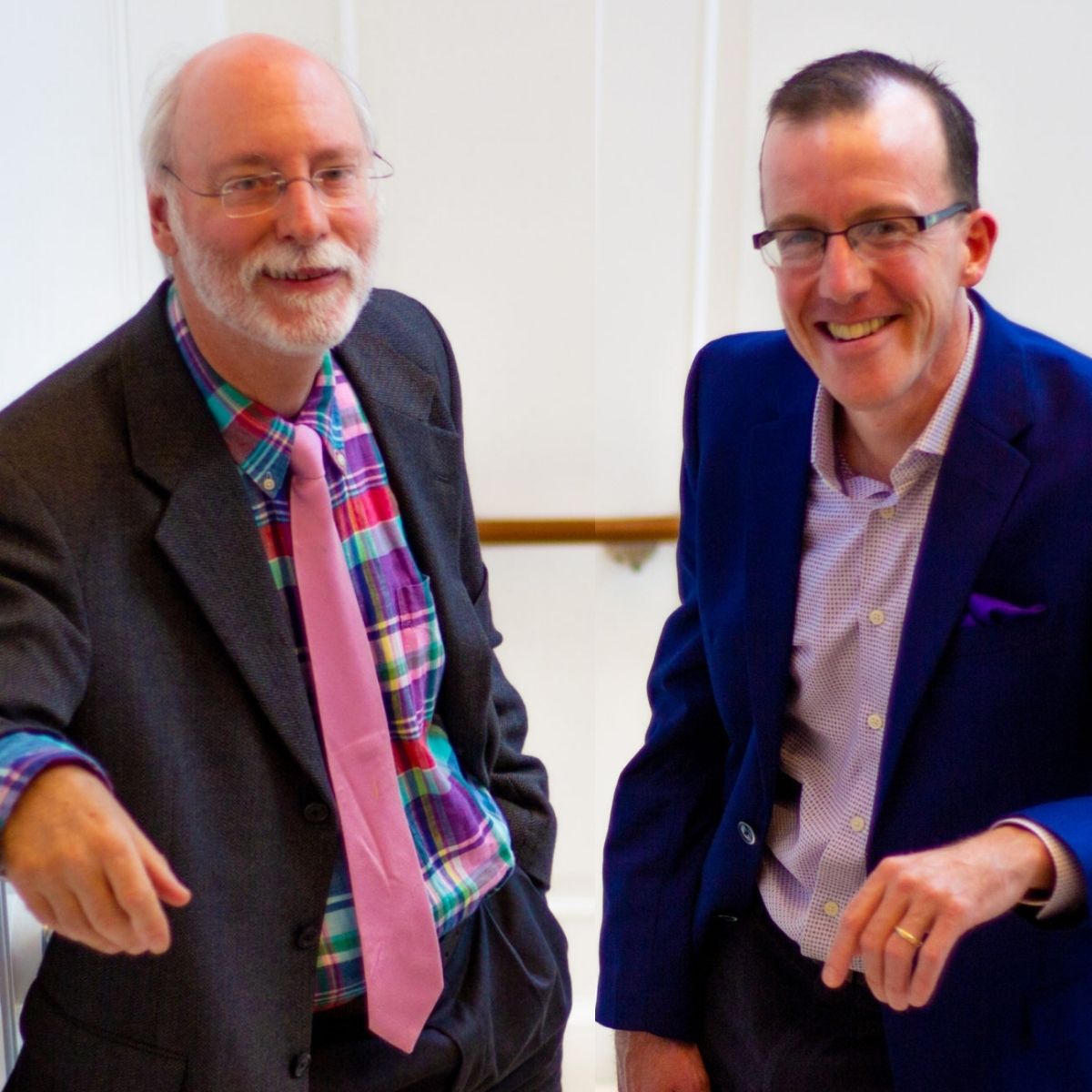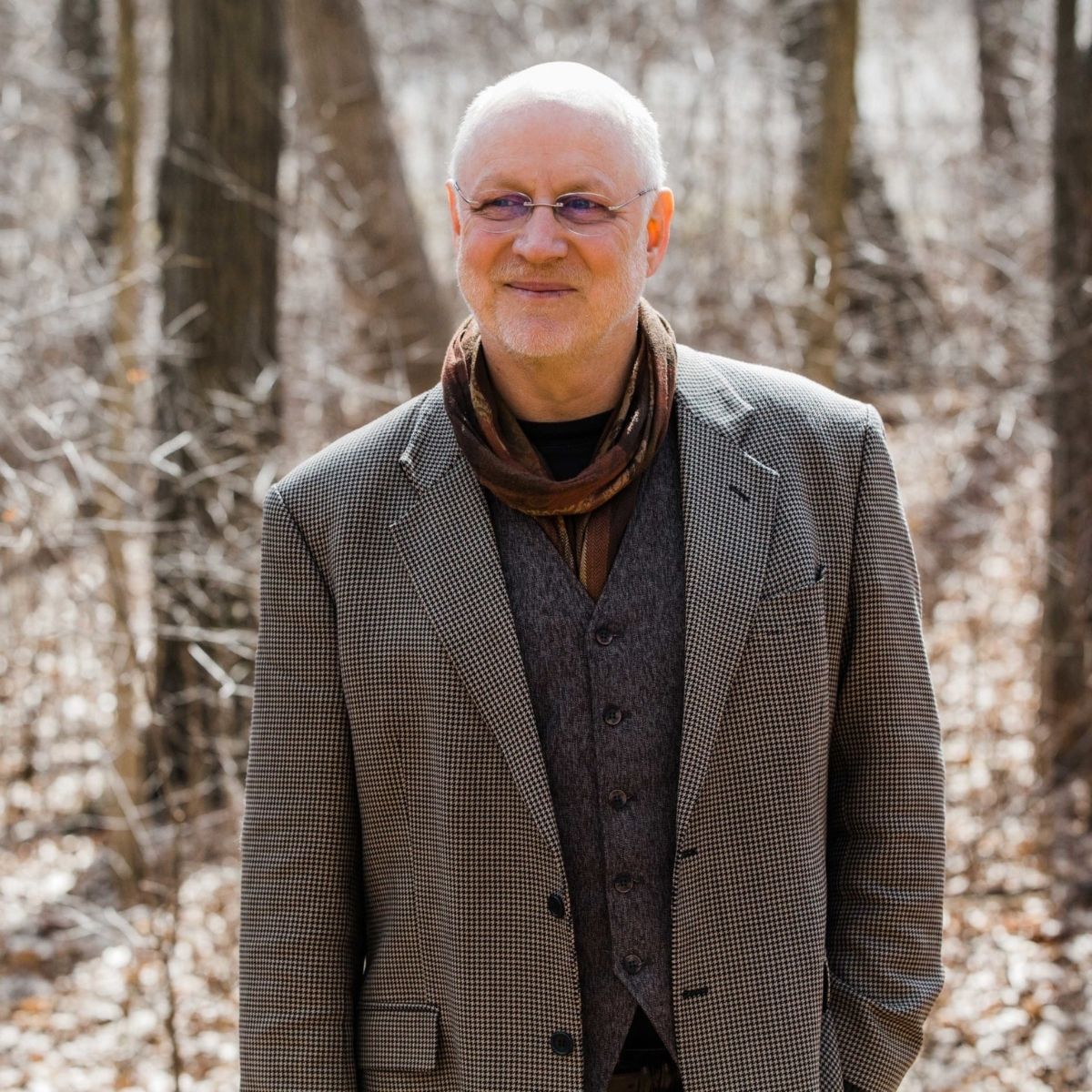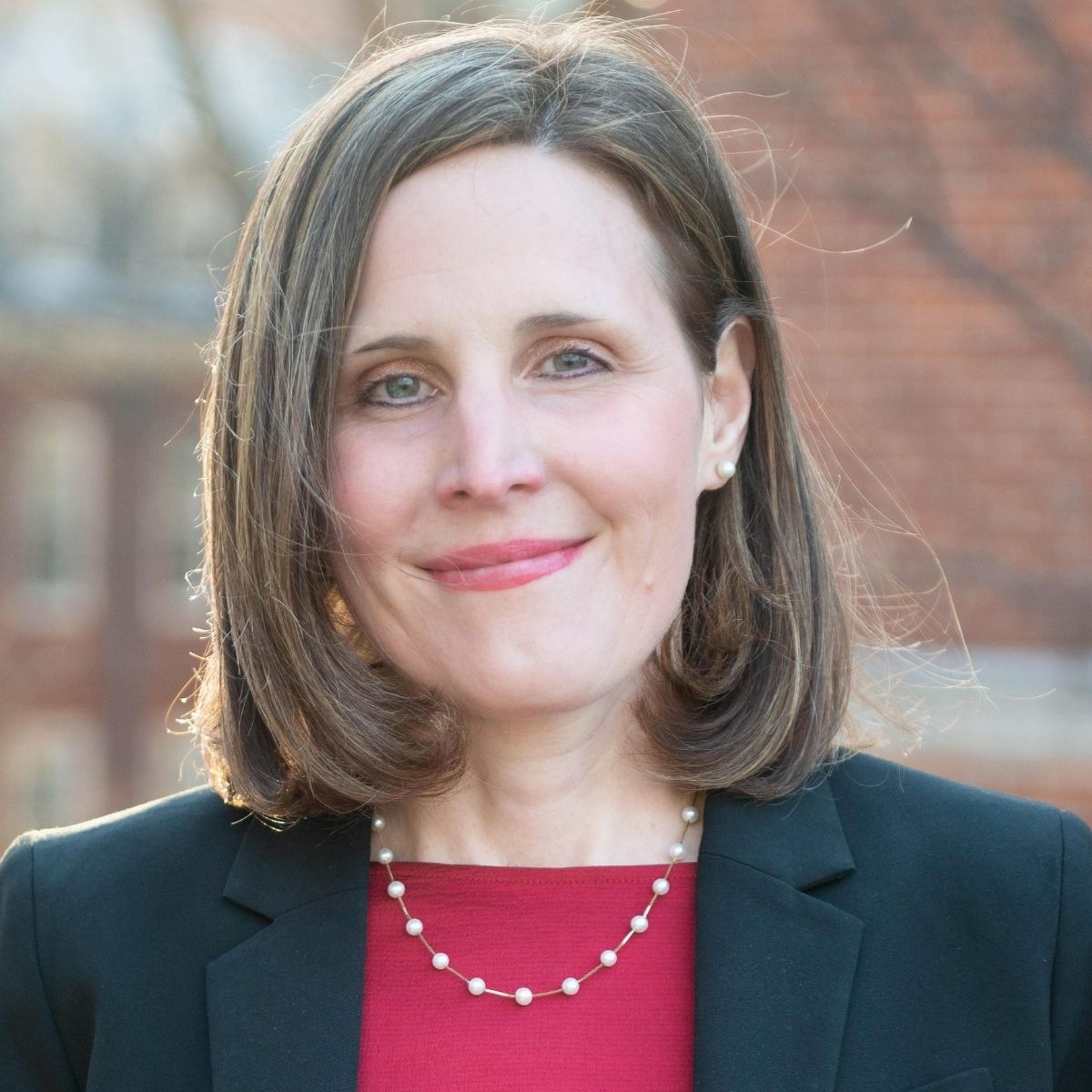
Listen in: Apple Podcasts | Spotify
Watch the video inside the Village
“It shifts your communication dynamic from one that might be negative to one that’s positive. It moves it from demand based or power struggles to connection and partnership.”
Linda Murphy
This is episode 91 and today I’m here with Linda Murphy talking about Declarative Language.
Guest
Linda is a speech language pathologist and RDI® Consultant. She co-founded Peer Projects – Therapy From the Heart, a clinic in Beverly, MA dedicated to helping individuals of all ages and their families by using a positive, thoughtful communication style that emphasizes understanding, patience, respect, and kindness. Linda has been working with individuals with social learning differences for over 25 years. She leads trainings on the topic of social learning, and has authored Declarative Language Handbook, Co-Regulation Handbook and numerous articles. Linda lives north of Boston with her husband and their two busy lovable boys.
Highlights
Who: Declarative language is beneficial for everyone, though we explain how it’s extra helpful for kids with social learning differences.
Imperative vs Declarative: Declarative language is recommended in contrast to the imperative language of demands that is often used with kids. We go over how people are usually communicating with kids and why it’s problematic.
Examples: We give some examples of imperative language and walk through turning them into declarative language.
Benefits: We share the benefits of using declarative language.
Social Learning: We address an example of each of the five areas of social learning fostered by declarative language and elaborate on what’s happening in each example.
Pacing: We discuss why it’s hard yet important to hold the awkward, silent space for processing after making a declarative statement.
Co-Regulation: Co-regulation is something we have talked about in the Polyvagal Theory episode in the context of nervous system regulation but Linda integrates a slightly different version of it. We cover how co-regulation goes hand-in-hand with declarative language.
Help with Declarative Language
The communication chapter of the new Sage Mothering course is steeped and marinated in declarative language goodness. So if you’re striving to integrate this style of communication into who you are and how you show up as a mother, come on in at sagefamily.com/mothering.
Dive Deeper
Disclosure: When I recommend a product that I believe will add value for you, it may contain an affiliate link, and when you click the link to make a purchase, I may receive a small commission at no extra cost to you.
Support the Show
Leave a review on iTunes →
Your kind feedback tells iTunes that this is a show worth sharing.
Share an episode on social media:
Be sure to tag me so I can share it (@sage.family on instagram).
Join the Village →
Support the show while enjoying live monthly group coaching and ongoing community discussion and support (think of it like the bonfire on the beach of our virtual village).



+ Comments
Join the discussion →
0